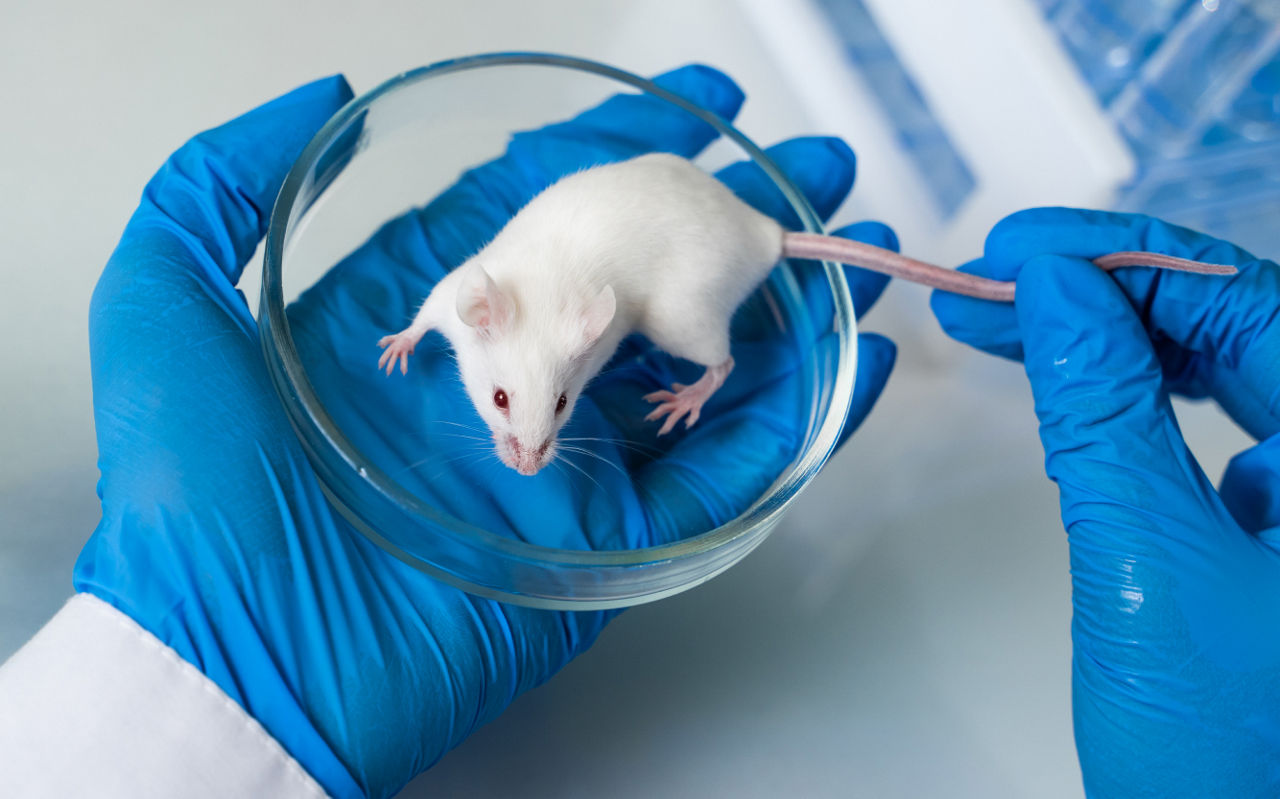Delivering quality products and services to in vivo researchers is a core value at Taconic. To meet the needs of sophisticated and complex biomedical studies, our breeding, testing, and health standard monitoring adhere to stringent protocols in order to provide animals of the highest genetic quality. As part of our commitment to quality, we maintain a continuous improvement system that safeguards animal welfare and ensures accountability.
Quality
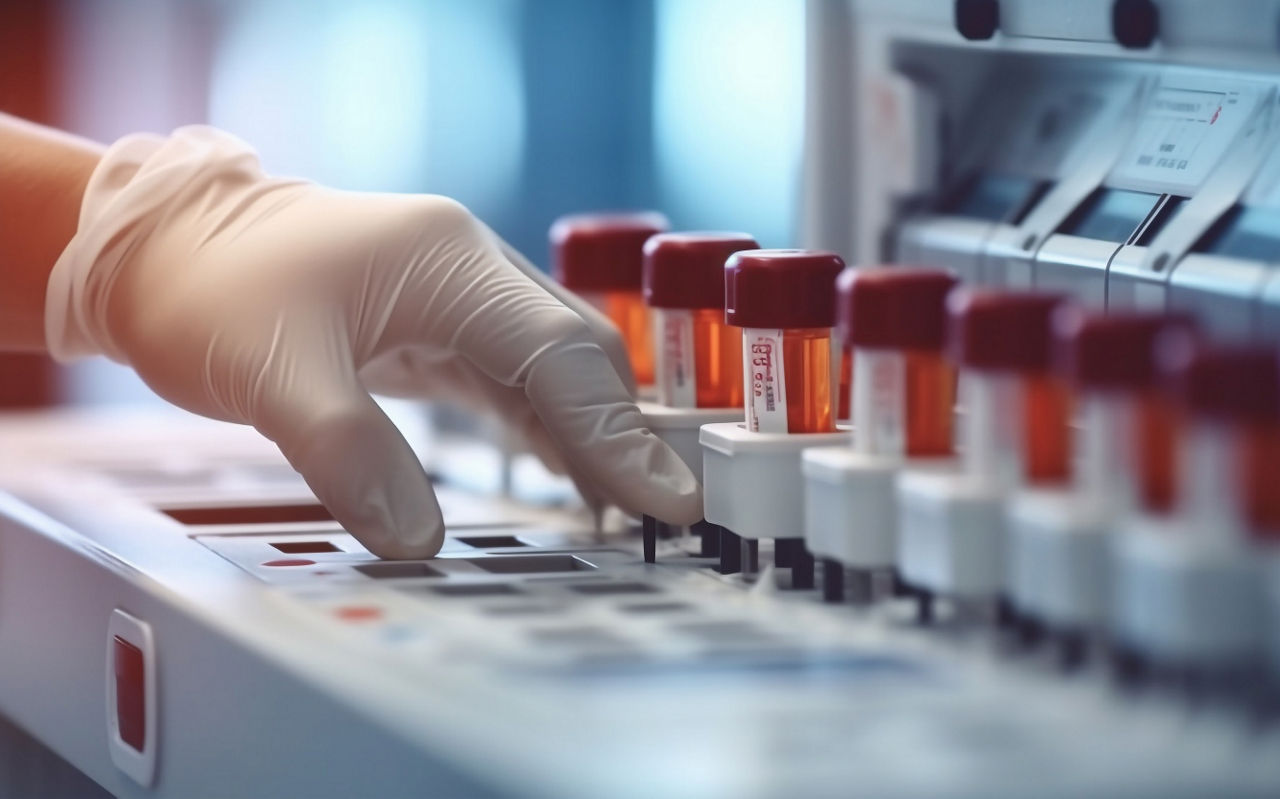

Health Standards
The most options for health standards among all vendors
Key strains such as B6 are offered at multiple health standards providing experimental choice
Comprehensive and transparent health testing program using multiple testing methods

Colony Management
The only company to provide global harmonization of health standards and true gnotobiotic profiles
Taconic AWARE™ program ensures that custom colony management projects are designed to fulfill the scientific needs of the investigator while considering animal welfare, genetic integrity, and the 3Rs

Genetics
The only company to provide a Global Colony Harmonization Program that ensures genetic continuity and stabilization across Taconic sites
Genetic Monitoring Program employs qualitative and quantitative testing reducing risk and ensuring quality
Outbred animal stocks are bred using defined schemes to maintain genetic diversity over time
Inbred strains are refreshed from cryopreserved stock at set intervals to ensure genetic integrity
- Animal Health
- Animal Genetics
- Qualified, Trained Staff
- Advanced Facilities
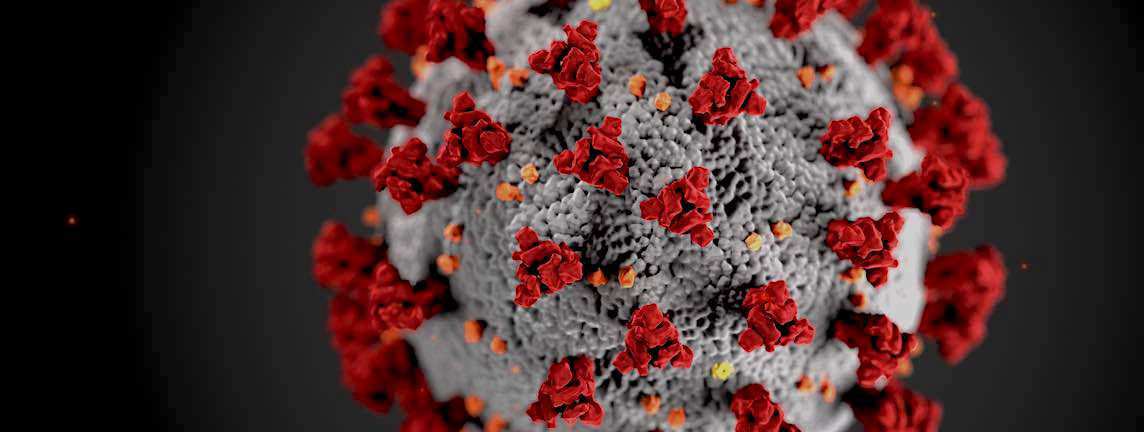
Animal Health
At Taconic, quality starts with the production of lab rodents that meet our clients' specifications and are free of pathogens and unwanted organisms. Our health monitoring processes assure that you receive animals of the highest definition and integrity. Every animal produced by Taconic is tested using the International Health Monitoring System™ (IHMS™), which meets or exceeds the guidelines used by virtually all research institutions worldwide. IHMS™ testing ensures that you consistently obtain the quality materials your research requires eliminating costly delays.
Animal Genetics
Genetic monitoring is key to quality control of the breeding and production of inbred and transgenic lines of laboratory mice and rats. Taconic has established numerous production procedures that minimize the risk of genetic contamination. Our Genetic Monitoring Program is grounded in the identification of points in the production program where there is a higher risk of an undetected accidental mating or strain misidentification. By focusing genetic screening methods such as SNP Analysis on these critical high-risk points, while scrutinizing quality control throughout, a genetic monitoring program can prevent a single mistake from becoming catastrophic.
Taconic's overall Genetic Monitoring Program is based on a combination of three strategies. Visual characteristics of strains (most notably, coat color). Production procedures that minimize co-localization and/or movement of strains of similar colors and that promote careful record keeping and strain segregation. Standard operating procedures that outline DNA-based marker and/or protein testing of animals at specific, defined, potential risk points in the production process.


Qualified, Trained Staff
Taconic commitment to quality is further evidenced in the investment and value placed on employee training and development. All Animal Care Technicians attend training in Standard Operating Procedures covering all aspects of animal husbandry and undergo extensive genetics training. Additionally, U.S. Animal Care Technicians may also pursue certification by the highly respected AALAS (American Association for Laboratory Animal Science). European Animal Care technicians complete the authority-certified education as noted in European Directive 2010/63/EU and as required by Danish and German regulations, which includes a combination of theoretical and practical training.
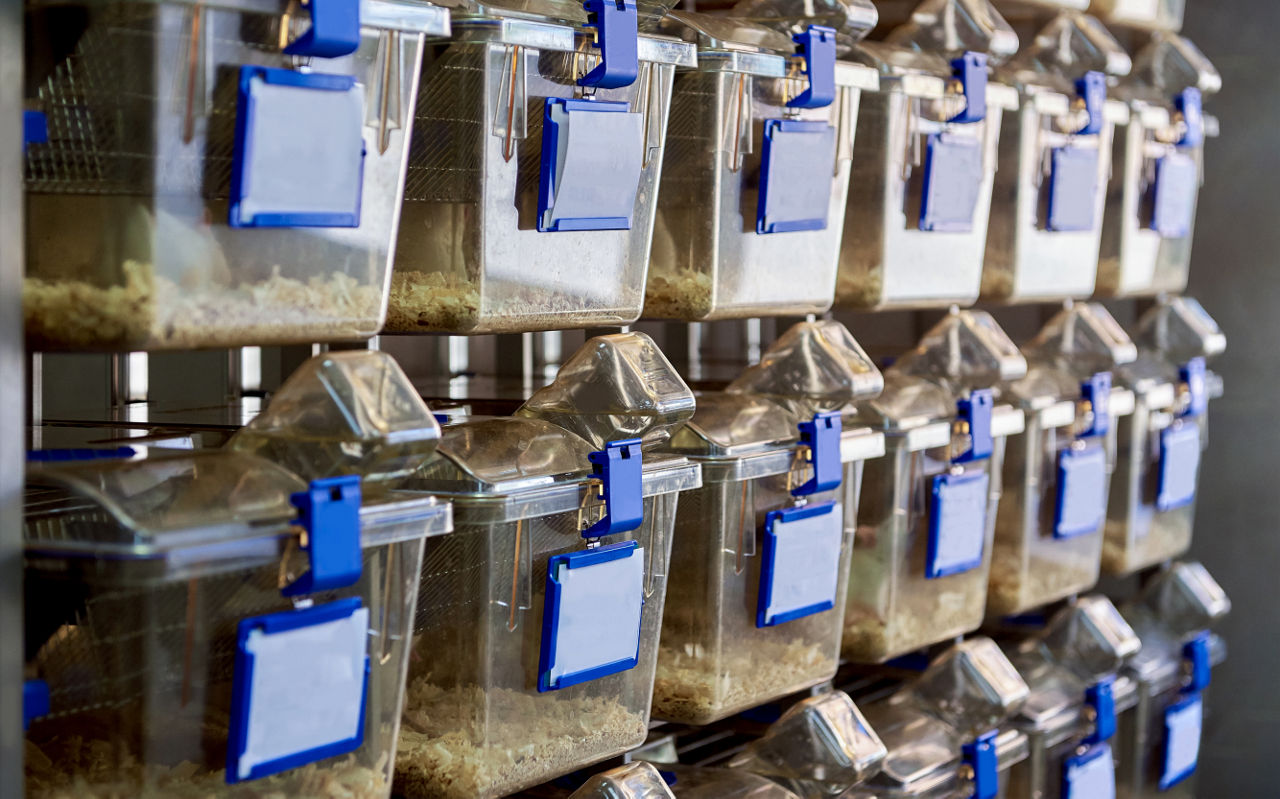
Advanced Facilities
Our unique facility barrier systems significantly reduce the risk of colony contamination, while automated systems monitor temperature, humidity, and other variables 24/7.


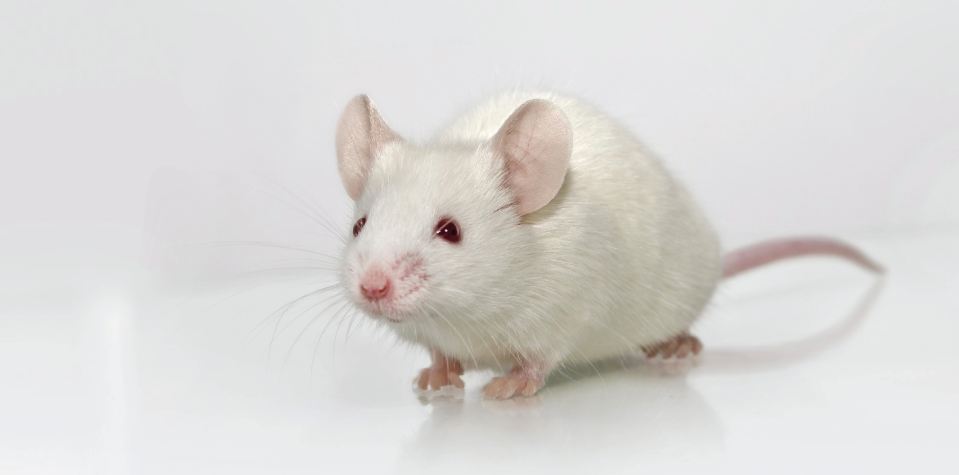













.jpg)

.jpg)
.jpg)
.jpg)
.jpg)





.jpg)


.jpg)
.jpg)

.jpg)


.jpg)





.jpg)

.jpg)



